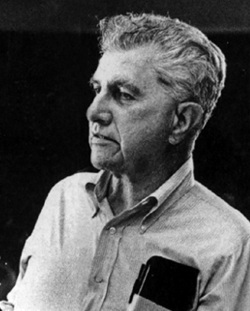A Quote by Joan Robinson
When I came up to Cambridge (in October 1921) to read economics, I did not have much idea of what it was about.
Related Quotes
In 1922, I got a small stipend from the Swedish-American Foundation and went to Cambridge, England, for a few months and thereafter to Harvard University. In the summer, Cambridge was rather empty, but I am grateful for many pleasant talks about economics with Austin Robinson who, in the summer of 1922, seemed to be about as lonely as I was.
On the 31st of October 2011 year, I had a mini-stroke. I couldn't finish my sentences. So I went to the doctor. It was a tiny one. The speech came back in a month or so. I did notice I could draw even better, I felt. I was concentrating more. And I wasn't talking much, but I was drawing. I said, "Well, I don't have to talk much."
I think corporations should give more attention to this suffering and should wait to invest until there is a responsible government in Burma. I do not think it is a good idea to separate economics from politics; in fact, I do not think economics can be separated from politics It's quite understandable that many business concerns think only about their own profits It's up to the public to put as much pressure as it can on these companies, through shareholder resolutions and public actions.
Early on I came to realize something, and it came from the mail I received from kids. That is, kids at that pivotal age, 12, 13 or 14, they're still deeply affected by what they read, some are changed by what they read, books can change the way they feel about the world in general. I don't think that's true of adults as much.
My mother and my father taught me to look at the actual problem, not the face of it, not the veneer of it. So for me, I was never - I was impressed that it - racially, I was impressed, right, but now in America it's about economics, and it's been about economics, and honestly, everything's been about economics since I don't want to say the beginning of time, but it's been about economics for a long while.




































